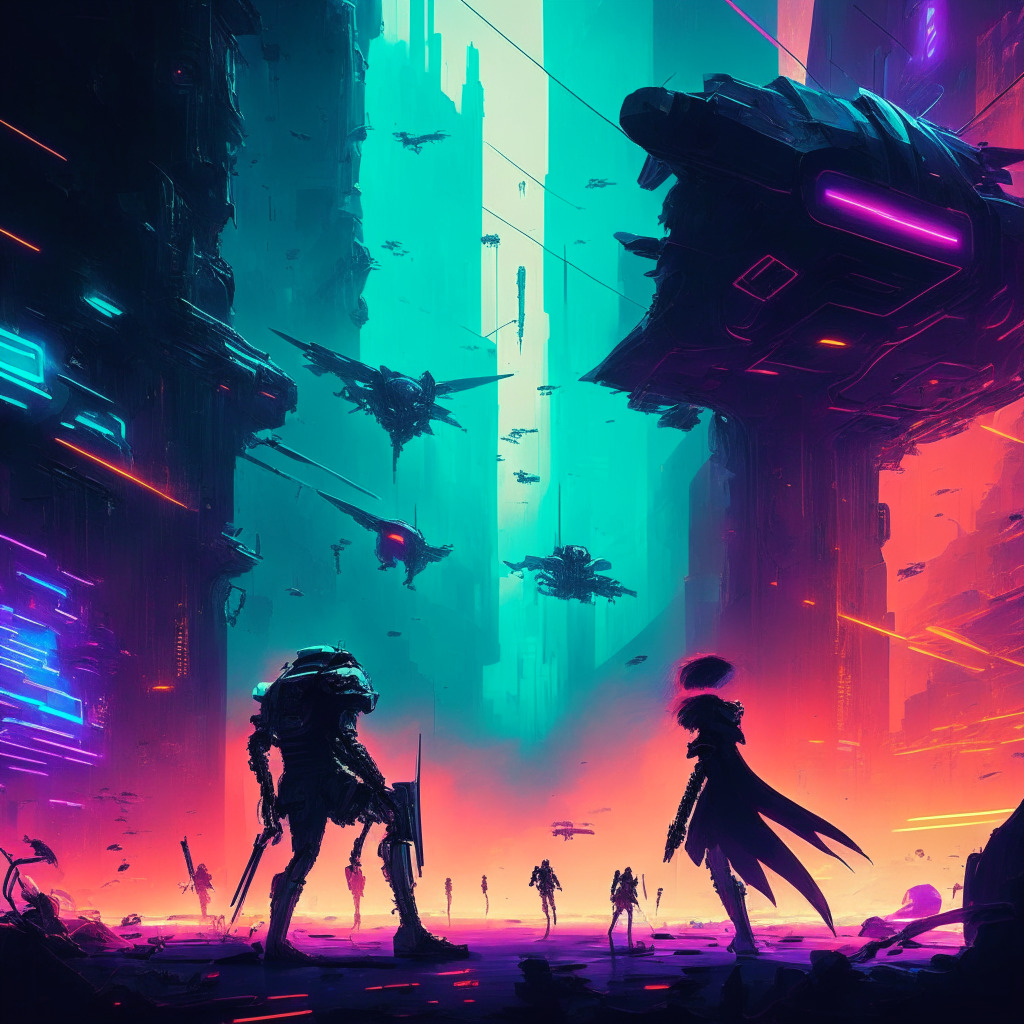The world of artificial intelligence (AI) is experiencing an intriguing shift, with a Google senior software engineer suggesting that the tech giant may be losing its dominance in the field due to the rapid advancements made by the open-source community. According to an internal document authored by Luke Sernau and later published by consulting firm SemiAnalysis, the intense competition between Google and OpenAI has created a blind spot, allowing open-source researchers to make swift and significant developments in AI technology.
This development raises an interesting question about whether giant corporations or the decentralized nature of open-source communities hold the key to AI’s future. Google has long been at the forefront of investing in cutting-edge technology, playing a significant role in the development of AI-powered chatbots. However, OpenAI, a relatively new startup, has quickly become a leader in generative AI, which focuses on creating software that produces its own images, text, and videos. The company’s ChatGPT, launched in November, gained popularity almost immediately, seemingly causing Google to scramble to maintain pace in this critical subfield.
However, Sernau contends that it is the open-source communities that pose the real challenge to Google’s AI prowess. He points out that independent engineers are creating AI models that can rival those of the largest tech companies at a quicker pace and for a lower cost. These models are not only faster and more customizable but also more useful than Google’s proprietary technology, which comes at a premium. The potential for clients being unwilling to pay for top-quality tech when comparable or even superior alternatives are available for free within open-source communities is an area of concern not just for Google, but also for other major companies in the AI sphere.
While there are undeniable advantages to the open-source approach to AI development, such as increased accessibility and accelerated progress, there are also potential drawbacks to consider. For instance, the decentralization and lack of oversight in open-source projects can lead to inconsistencies and varying degrees of quality. Furthermore, security and privacy concerns may arise as a result of the wider dissemination of AI technology.
Ultimately, the rapid advancements in AI being made by the open-source community highlight the fact that innovation isn’t exclusive to large corporations. It also suggests that collaboration between giants like Google and decentralized communities of independent developers might be the most effective way of maximizing the potential of AI, while addressing its ethical and practical challenges. However, striking a balance between profit-driven business models and the potential societal impact of AI technology remains a challenge that must be carefully navigated as the future of this field unfolds.
Source: Cointelegraph




